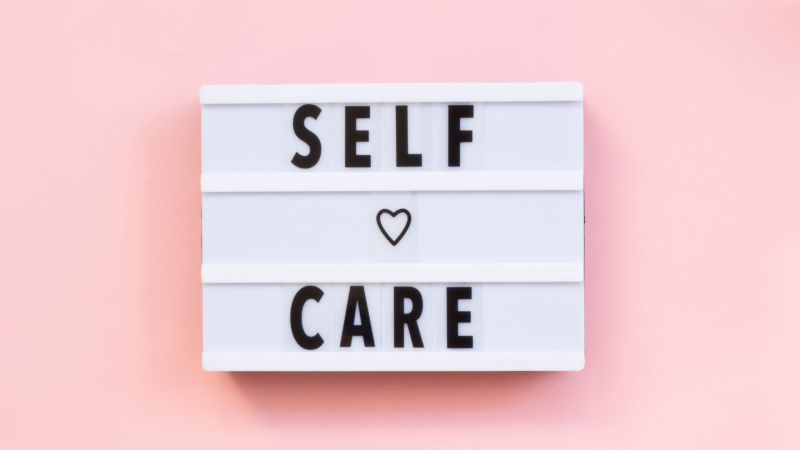
Self-help is an adaptable industry. Most successful self-help providers are expert marketers. And one of the first rules of marketing is knowing your market: what do the consumers want? where is their comfort level? what will make them open their wallet? And you adapt your pitch from there. The way that teachers and companies are marketing self-help is changing.
Wealth-focussed Self-help
When we first started looking into the self-help industry after Kirby died at James Ray’s Spiritual Warrior retreat in 2009, what I saw was an industry selling the idea of wealth. “The Secret” was all about attracting the money and success you desired by harnessing the power of “The Law of Attraction.”
Much self-help at this time was couched in a marketing message of “growing a business” or “becoming a better leader.” It often targeted entrepreneurial types. This was the era of Tony Robbins selling out a stadium and putting on a spectacle reminiscent of a rock concert. It was also how NXIVM pulled people in–its front was an self-improvement organization offering leadership development.
Happiness and Spiritual Growth Focussed Self-help
We still see this in the self-help world today, but I see a shift happening, too. More and more, the messaging is about wellness, self-care, and mental health. It seems less wealth-focussed and more happiness-focussed.
In general, we have become more open to talking about our mental health, which is a wonderful thing. Destigmatising issues like anxiety and depression is a really part of having greater understanding about ourselves and acceptance of our differences, less tolerance for bullying, and I’m all in.
It’s notable though that this greater ease in broaching topics about mental health is changing self-help. Instead of needing to have that business-y focus to get new followers, self-help practitioners can cut right to more personal issues like discussing trauma, anxiety, or our relationships with others or ourselves, not strictly for the sake of attaining wealth, but for the sake of becoming more whole people.
We’ve also become more open to discussions about our spiritual growth outside of the institutional religious traditions that have caused many people harm, or feel too fixed in outdated thinking. As a result, discussing our “energy” or our spiritual selves feels much less “woo-woo” or new agey than it used to. Like our growing comfort with mental health, this has helped make self-improvement more mainstream.

The Issue with the New Self-help Lingo
Again, I don’t think this is a bad thing on its own. More open discussion about mental health and our spiritual existence has a lot of positives. But what we consumers have to realize is that this is all still marketing. In most cases, this is still ultimately about someone wanting to sell us something. This is not to say all the products in the marketplace are exploitative or bad. And it is certainly acceptable that somebody providing a services or a product deserves compensation in return. But we consumers need to be aware that even the self-care talk is part of the pitch.
More open discussion about #mentalhealth and our spiritual existence has a lot of positives. But what we consumers have to realize is that this is all still marketing.... even the #selfcare talk is part of the pitch.Click To TweetAnd most importantly, I worry that it’s even easier for anybody to start talking about mental health issues, when maybe those “teachers” aren’t qualified to guide their customers through that level of self-reflection. It is extremely irresponsible and dangerous for a teacher to encourage a customer to delve into personal topics like past trauma or abuse if that teacher is not trained to guide people through this process.
The Changing Marketplace of Self-help
The marketplace has also changed. An inspirational speaker can reach thousands of other people without having to fill up a stadium; she can do it from her phone. A “guru” can share his teachings without having to write a best-selling book; he just has to write a bunch of inspirational tweets or Instagram posts. The field is wide open.
If the price of entry to become a professional in the self-help industry was low before (no need for licensing or formal education), it’s practically non-existent now. There are no gate-keepers, the way that influencers like Oprah used to be (and there were always flaws with those gate-keepers!). Anyone who’s good at marketing themselves is their own influencer now. Examples of this abound. YouTubers like Teal Swan have thousands, sometimes millions of followers, while there’s no oversight of what they are selling to their customers.
If the price of entry to become a professional in the #selfhelp industry was low before, it's practically non-existent now.Click To TweetAre We Reaching a Tipping Point?
The increasing ability of anyone to become a guru is concerning. But there are some benefits to this. Structural barriers like sexism and racism have a harder time controlling who becomes successful in this industry. And sometimes, a sort of crowd-sourcing legitimacy can help weed out the scammier sorts.
It also seems to be the case that as the whole industry becomes more mainstream with this new self-help marketing, it is being opened up to more scrutiny. Now that self-help is no longer considered “fringe,” the media is taking a more critical look into this industry and the events that have tarnished it, such as James Ray’s Spiritual Warrior retreat and NXIVM. TV shows, docuseries, podcasts are all starting to question the new institutions we’re following for guidance in our personal growth.
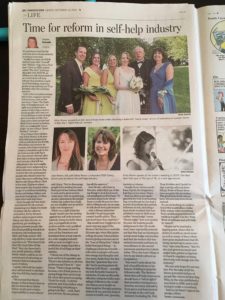
Read our recent interview in the Toronto Star
At SEEK, we’re hopeful that this increased scrutiny will help amplify our message and put more pressure on policymakers to regulate this industry.
In the meantime, seekers should consult our tools, like the Empowerment Guide and the SEEK Safely Promise, to help chose safer resources for self-improvement.
What do you think about this? Do you also feel a shift in self-help messaging these days?
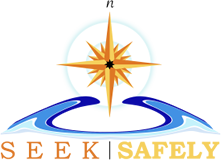

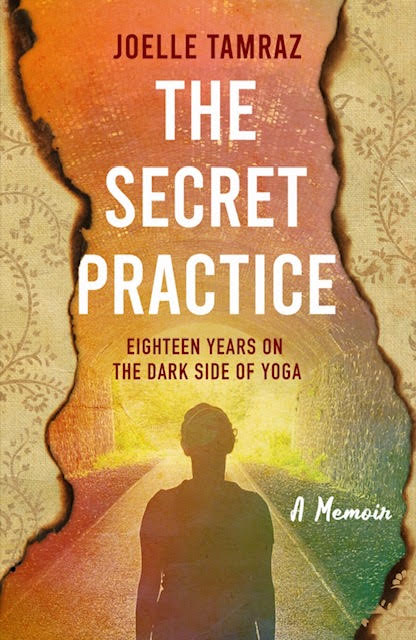


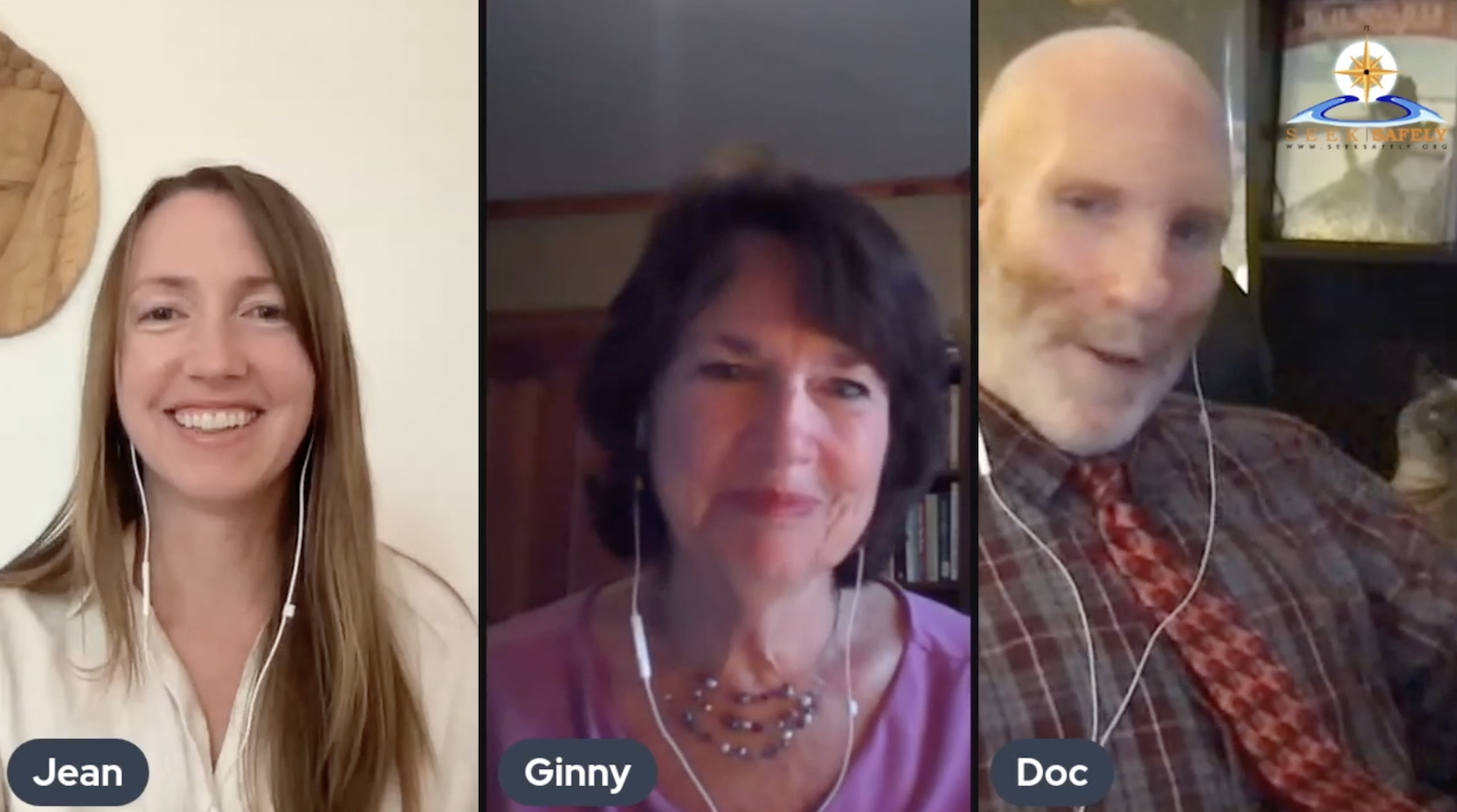
“SELF” HELP. Only one’s “self” can help their”self”. A long (sometimes unobtainable) goal that must be realized in order to achieve “self”lessness. In helping others, with no material reward for one’s “self” is the true way to “self” help. The reward can not be materialized, only felt.